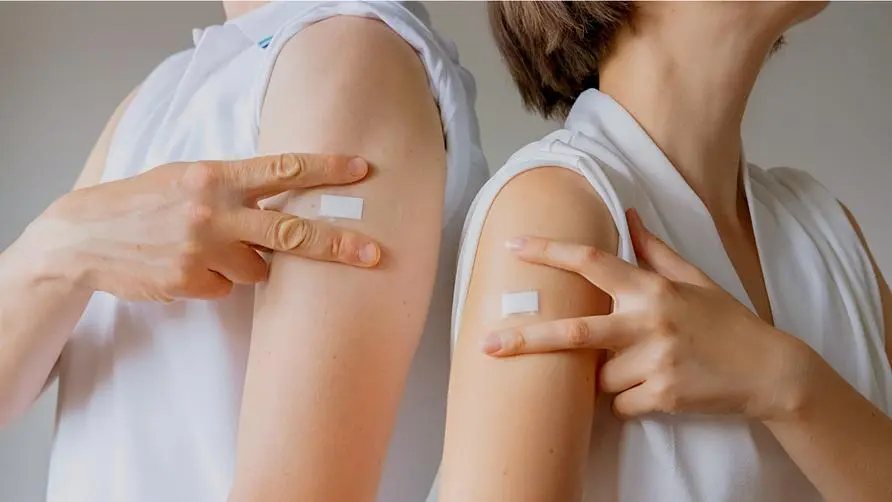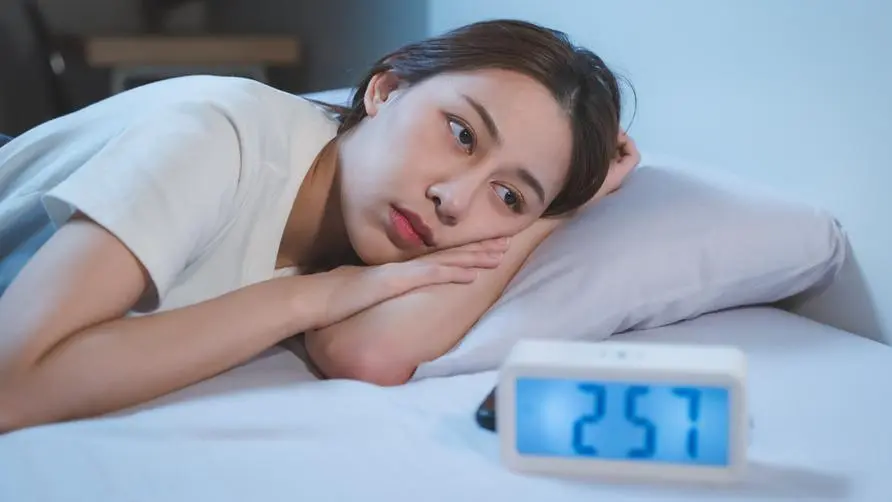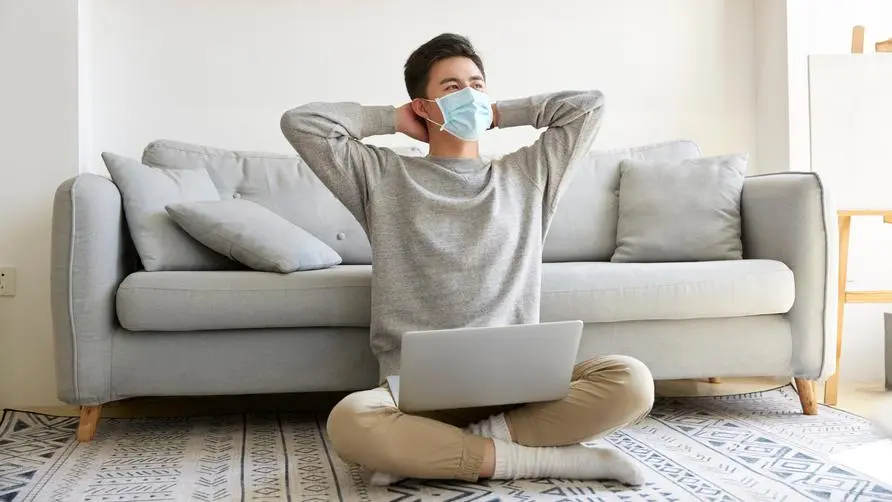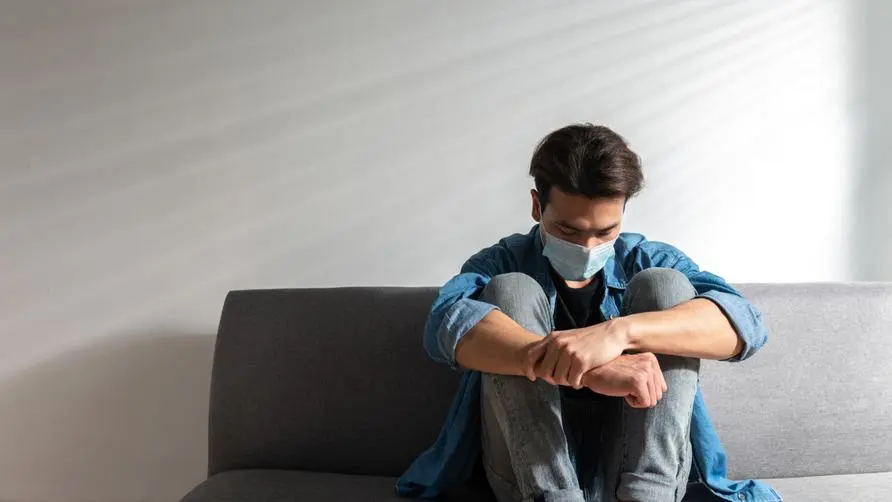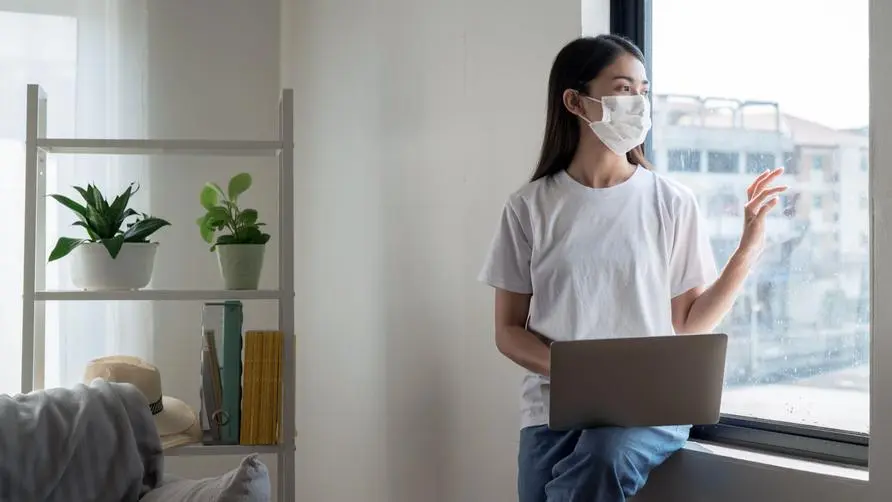Life is exciting only if you know how to play in clubs? Study: Indulging in social activities such as smoking and drinking affects self-control

It seems that the student days are not complete without experiencing club life. Many people believe that club life can help young people learn how to get along with groups, have a positive impact on interpersonal relationships and social skills, and can also promote self-discipline in time management. Normal club life can bring positive benefits, but if you like to participate too much, it may be a psychological reaction due to lack of self-control? The latest research from West Virginia University in the United States shows that participating in on-campus activities and making new friends may increase the risk of losing self-control, just like drug abuse and alcohol abuse.
College students’ preference to participate in on-campus activities can easily lead to low self-control
Christine., associate professor in the Department of Child Development and Family Studies at West Virginia University. Kristin Moilanen is currently leading this research. Professor Molanin and the research team gathered 569 freshmen, aged approximately 18 to 19 years old. Research results show that there are three factors that are most likely to reduce college students’ “self-control”, namely school club activities, friendship with parents, and stress in life.
Among the subjects, students who preferred to participate in class activities, clubs, or inter-school friendships at school generally had poorer self-control one year later; while students who were less interested in trying new things had poorer self-control. remained stable throughout the year. Molanin said that participating in school activities may seem like a harmless social behavior, but its impact on students is similar to addictive behaviors such as drug and alcohol abuse, which can make students have less self-control.
In addition, the behavior of college students who are emotionally estranged from their parents is also less controlled than those of their peers because they tend to hide their mistakes from their parents, and their self-control is easily affected. If they do not receive support from their parents, the encouragement and companionship of their peers may help them become self-reliant. The research team also believes that the level of stress will also affect the self-control of young people. Students who are often exposed to stress, regardless of the level of stress, will have a decrease in self-control to a certain extent. The greater the pressure, the worse the self-control performance will be. ideal.
The epidemic has caused loneliness among young people. “These” methods can help adjust their mood
The epidemic has also caused another kind of pressure on young people in various countries. Research from Boston University last year showed that symptoms of depression and anxiety among young Americans peaked during the pandemic, and many students must contend with feelings of loneliness and isolation. Although the epidemic in Taiwan was not serious last year, local epidemic outbreaks began this summer, and young people also need to face the epidemic prevention life of working and attending classes at home. At this time, you might as well chat more with your family and share each other’s lives; if you feel anxious after reading too much information, reduce the time you spend scrolling on your mobile phone or using the computer; in addition, spreading correct and positive information on social media will also make people more anxious. When the atmosphere in the entire social circle becomes better, the mood will naturally become less anxious.
Younger people are usually more adaptable and better at using social media and other tools, but it should also be noted that as research shows, over-immersion in social groups may be a sign of poor self-control, such as unconsciously scrolling on mobile phones for a long time, or It’s a similar mental model to post messages anytime and anywhere and wait for responses. During the epidemic prevention period, you may wish to change your mood and practice yoga, meditation, stick posture, deep breathing and other exercises. You can also relieve stress and adjust your mood through reading and games. Perhaps you can develop your hidden talents and skills during the epidemic prevention period, which is another unexpected gain!
source:
Depression, Anxiety, Loneliness Are Peaking in College Students
Predictors of initial status and change in self-control during the college transition

